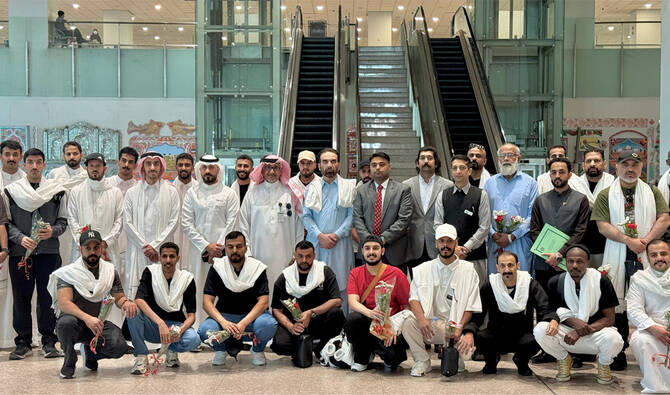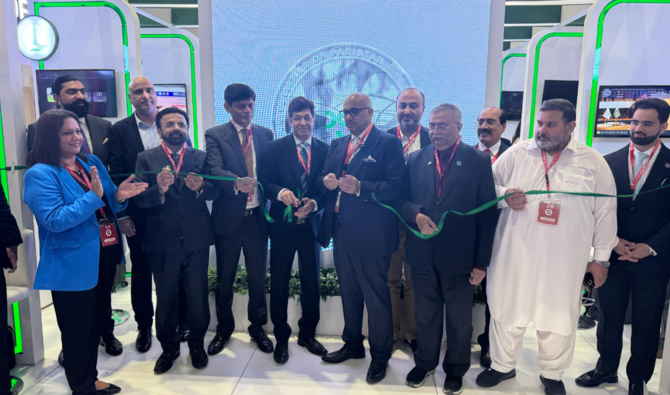KARACHI: Inflation in Pakistan hit a record high of 35.4 percent in March, according to official data released on Saturday, as experts criticized the government’s wrong policy approach for the surging food and energy prices.
According to the data, inflation measured by the Consumer Price Index (CPI) increased to 35.4 percent on a year-on-year basis in March compared to 31.5 percent in February.
Food inflation in urban centers of the country jumped to 47.1 percent last month, while the figure stood at 41.9 percent in February. The price shock was even more severe for the country’s rural dwellers, where inflation reached 50.2 percent.
Key food items that registered price hikes included onion (257.62 percent), tea (105.19 percent), wheat (94.32 percent), eggs (83.60 percent), rice (82.41 percent), and wheat flour (69.98 percent). Additionally, there was also a surge in the rates of motor fuel (71.61 percent), gas (62.82 percent), electricity (31.73 percent), and transport services (30.56 percent).
Pakistani economists believe that food inflation, which was more painful for the poor, was under-reported by the government.
“The historic high inflation in Pakistan is taking a very heavy toll on the poor and even the lower and middle class,” Dr. Ikram Ul Haq, a senior Lahore-based economist, told Arab News. “The official food inflation figure of 47.1 percent seems understated as prices of daily food items during Ramadan have skyrocketed.”
Dr. Khaqan Najeeb, former advisor to the finance ministry, agreed, saying that food inflation was “crushing Pakistan’s low-income citizens” who were now spending more than half of their income to feed their families.
Najeeb identified low productivity of agriculture and the problem of regulated energy prices as the two key domestic drivers of inflation in the country.
“Fixing the fundamental constraint of low productivity is essential to stabilize inflation at a low level in the medium term,” he said. “Minimizing government control to let markets deliver goods and reducing fiscal deficit are also important to curtail inflation.”
Economists believe that inflation in Pakistan will further increase in the coming months while expecting an interest rate hike next week, which will further aggravate the sufferings of the marginalized.
Dr. Ashfaque Hassan Khan, a senior economist, said monetary policy mechanisms would not control spiraling inflation in Pakistan, as he criticized the government’s approach to dealing with the issue.
“We are administering the wrong medicine to treat inflation in Pakistan,” he told Arab News. “In our country, inflation is a supply-side phenomenon which is coupled with the government raising utility prices itself. However, we are treating the demand side through interest rate hikes.”
Khan maintained that tightening monetary policy was “not at all an instrument to control inflation in Pakistan” since the mechanism was meant for advanced economies where demand was responsible for greater inflationary pressure.
“We are not using the right instrument to treat inflation in the country,” he added.
Khan said when the central bank raised the interest rate by one percent, the decision led to an increase in inflation by 1.3 percent.
“The expected interest rate hike will further fuel inflation as it will curtail the availability of goods which will create supply-side shocks causing inflation,” he explained.
However, financial experts admitted there were hardly any concrete solutions available to policymakers to stem rising inflation, which they said was fast moving toward “hyperinflation.”
“The only viable solution to the economic crisis is a return to normalcy on the political front,” Haq, the Lahore-based economist, said. “This can then lead to a consensus on all out fundamental structural reforms.”





















